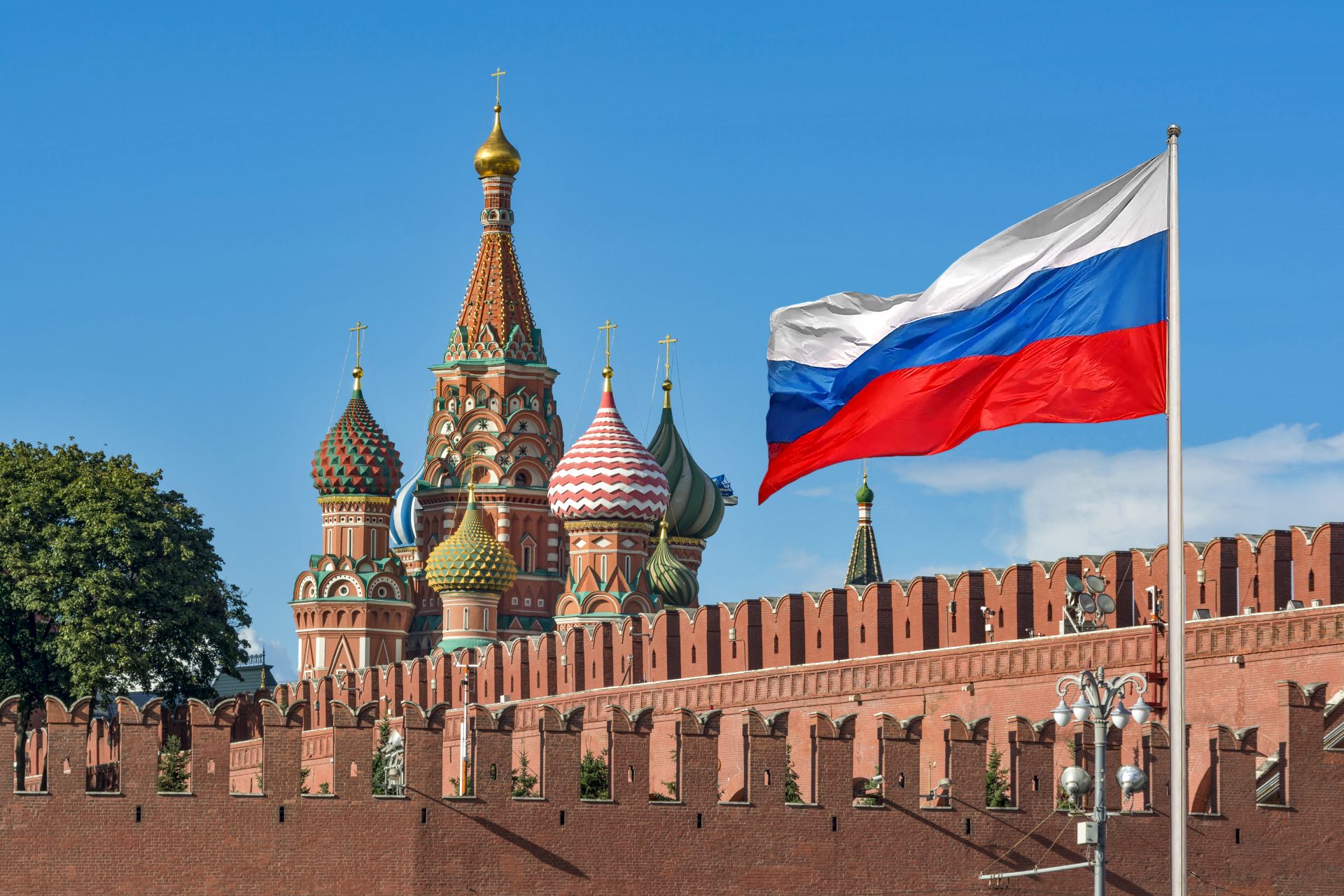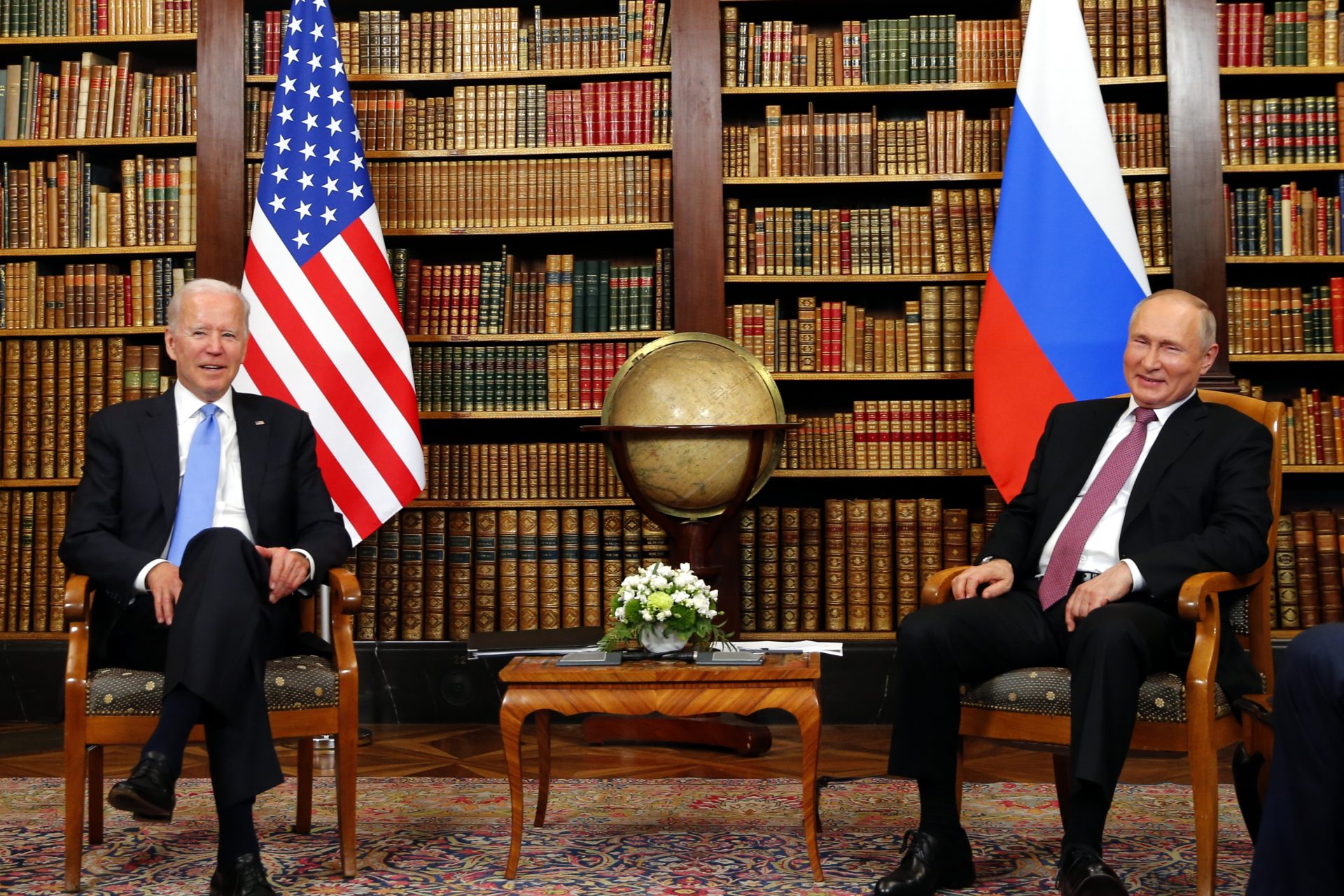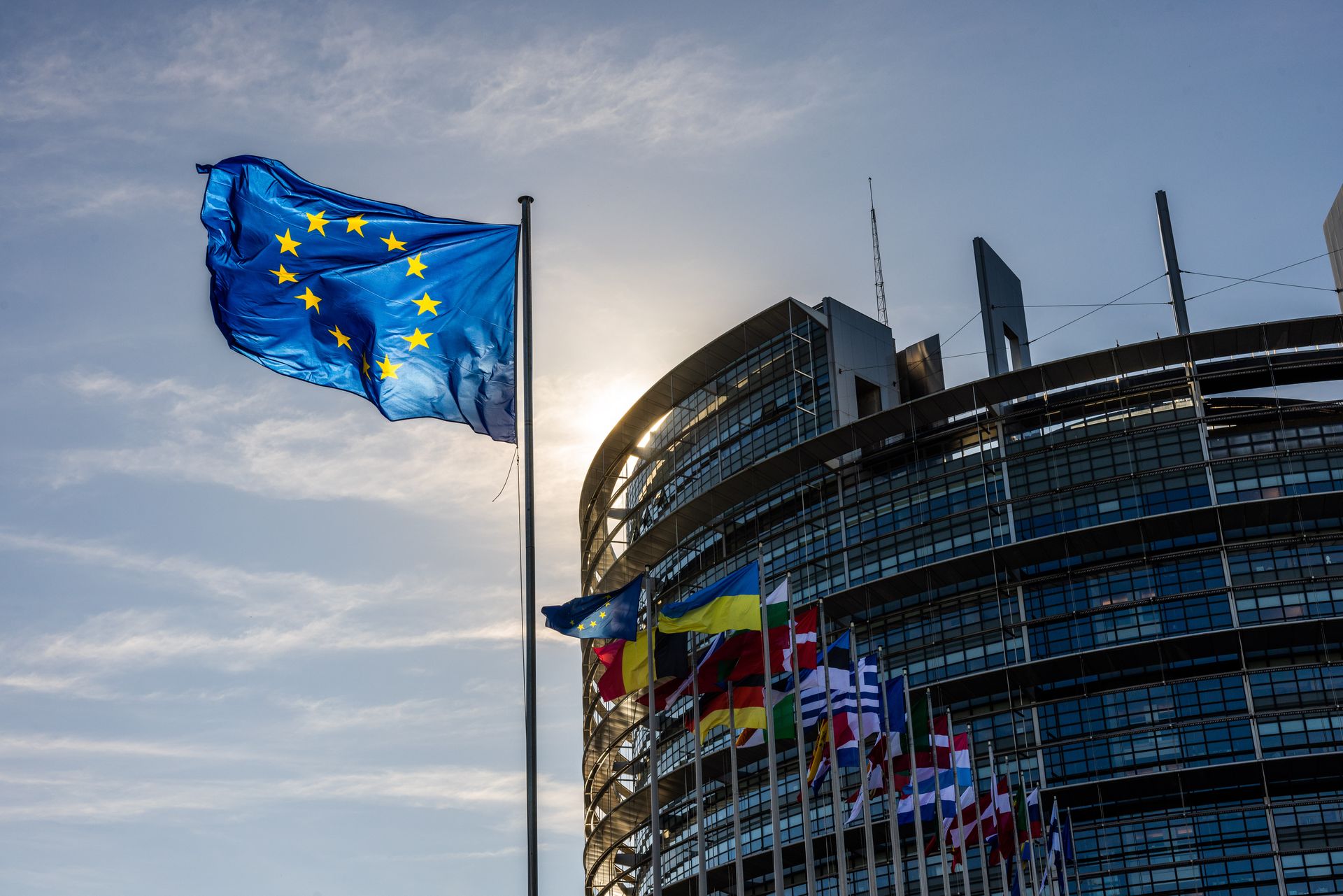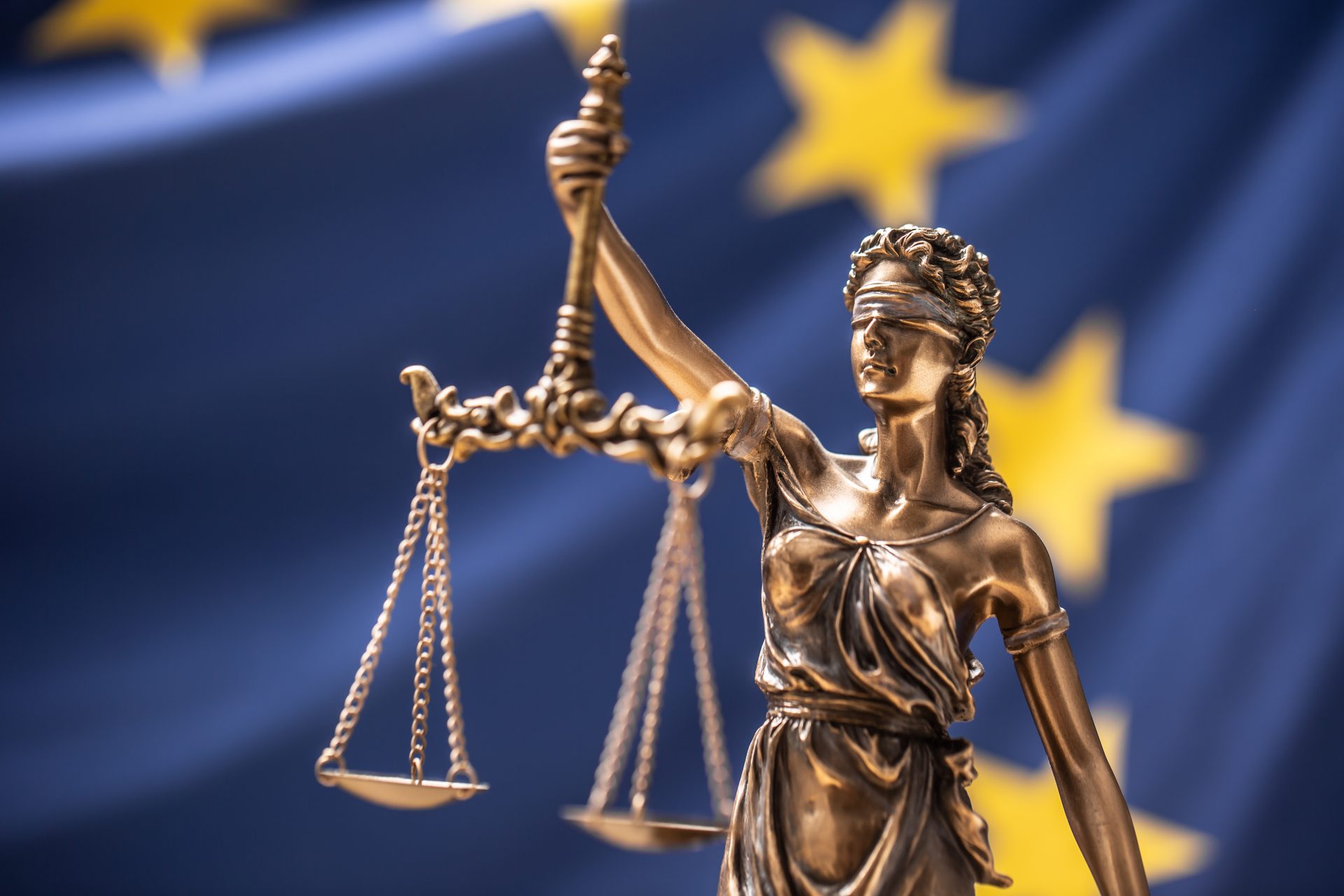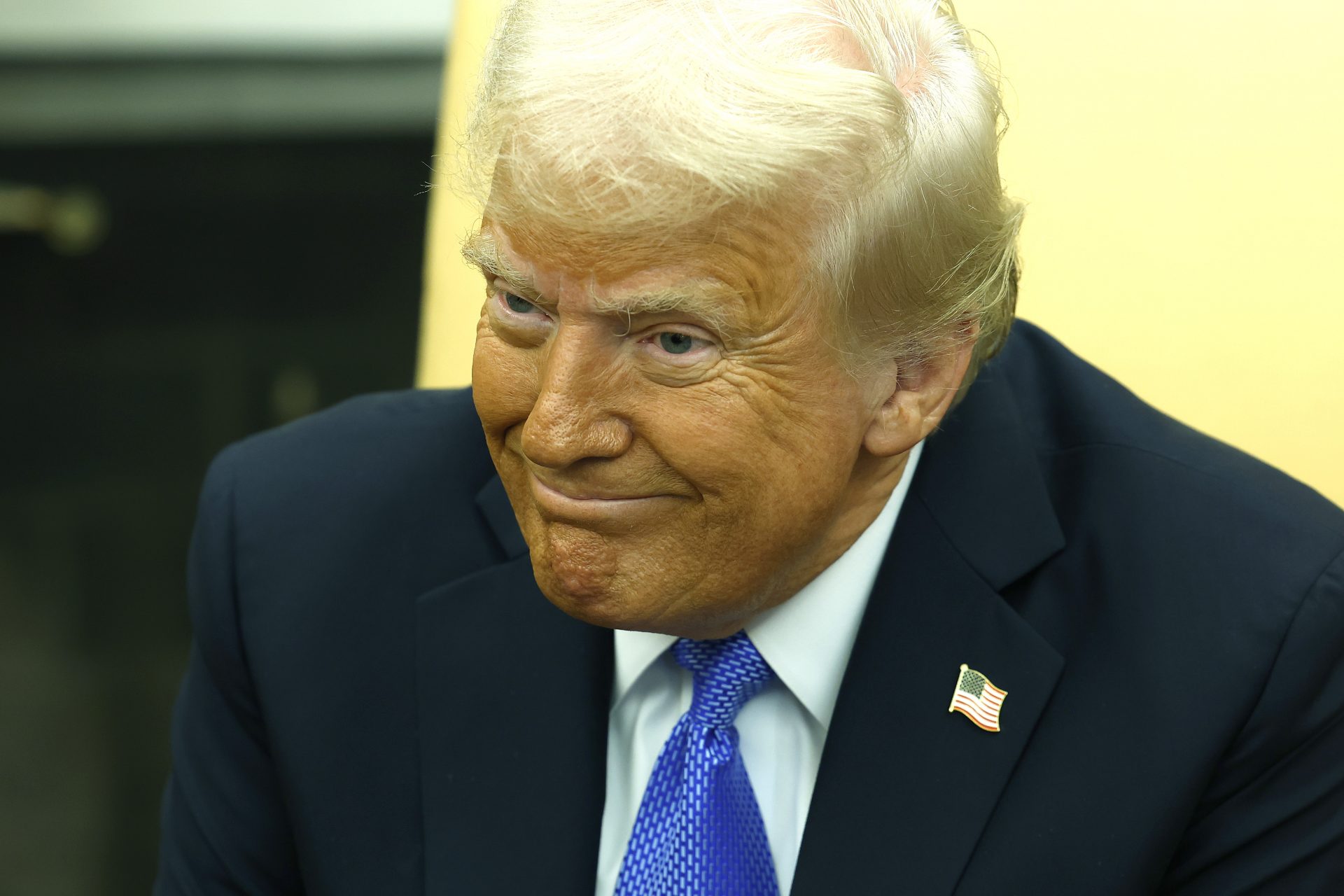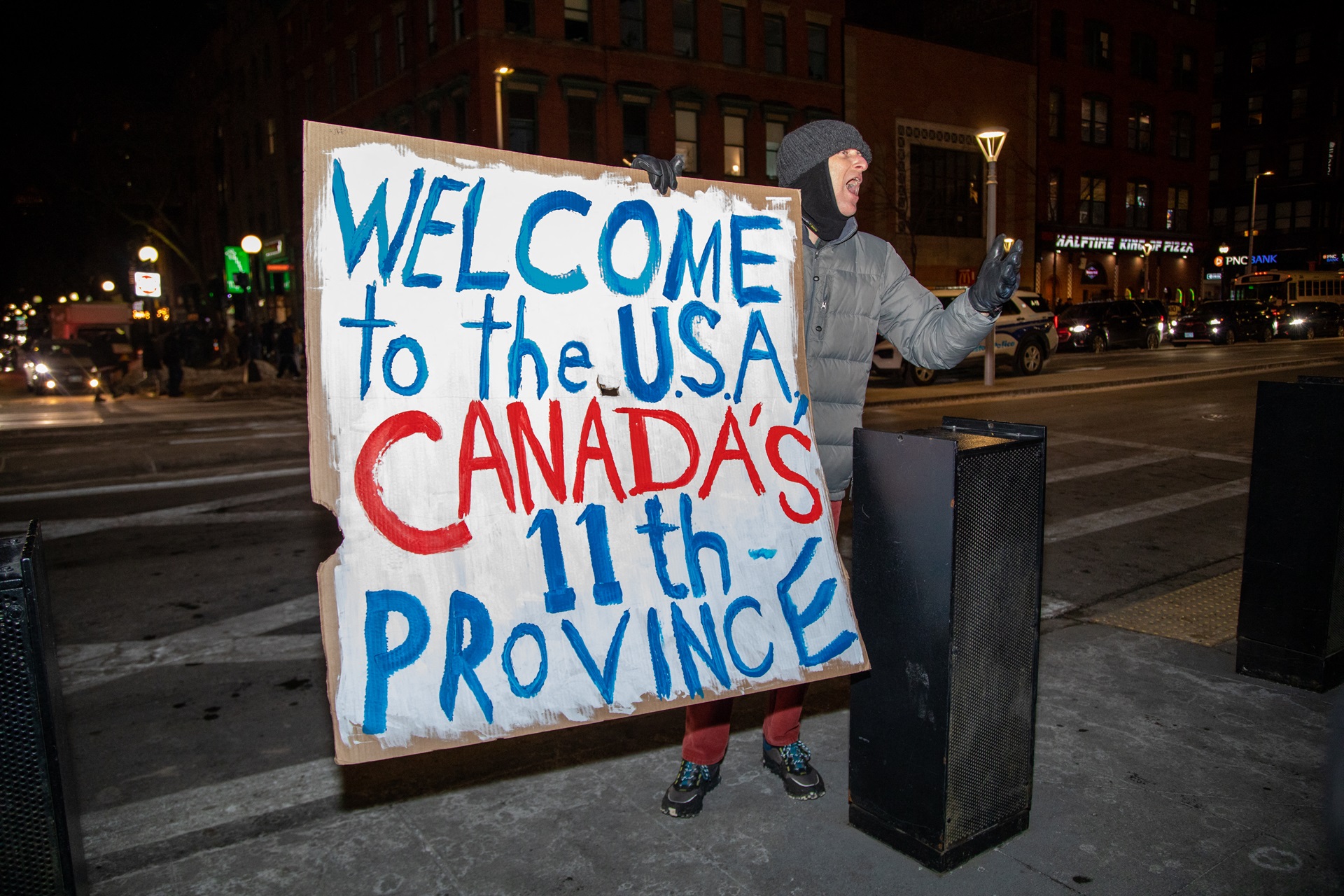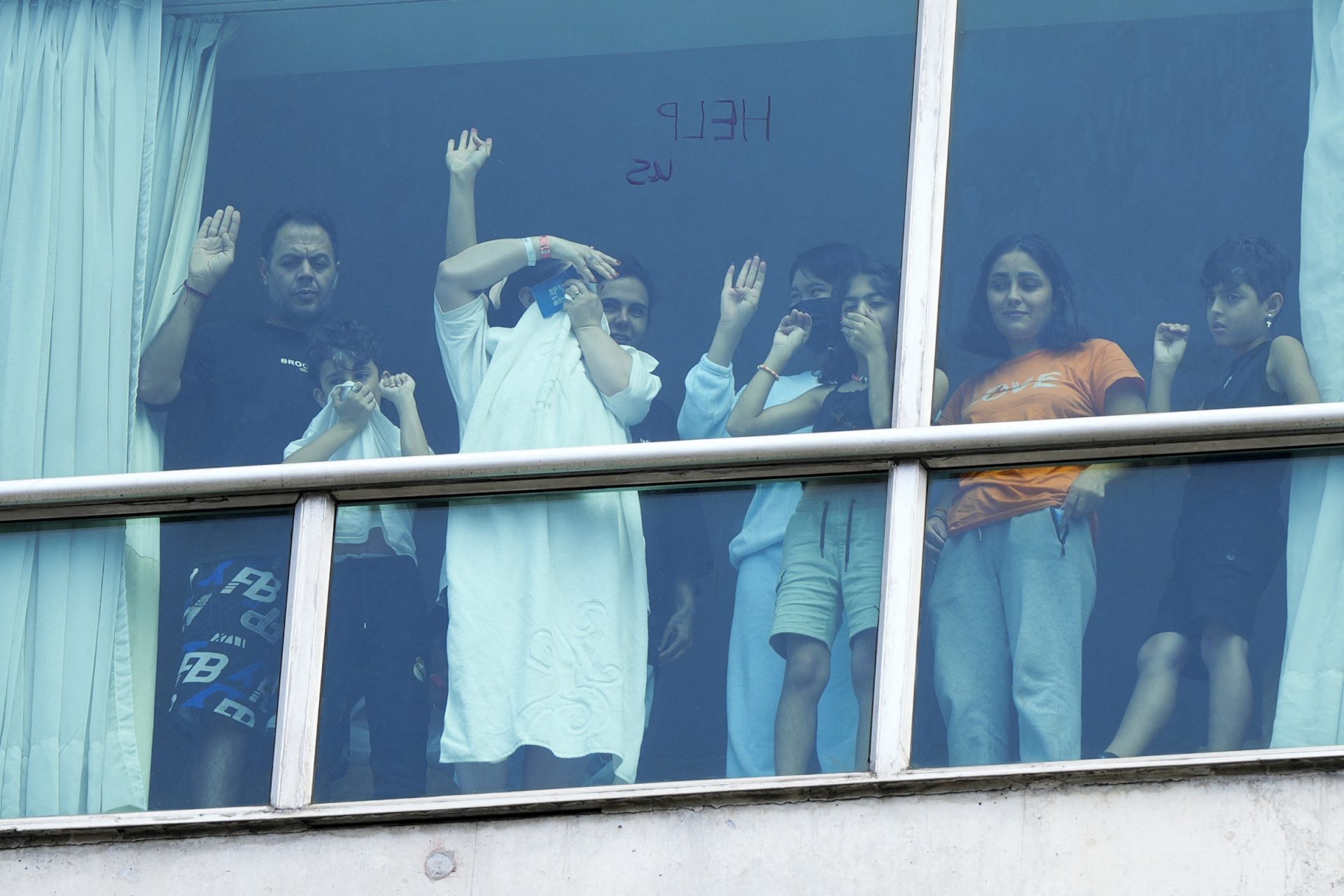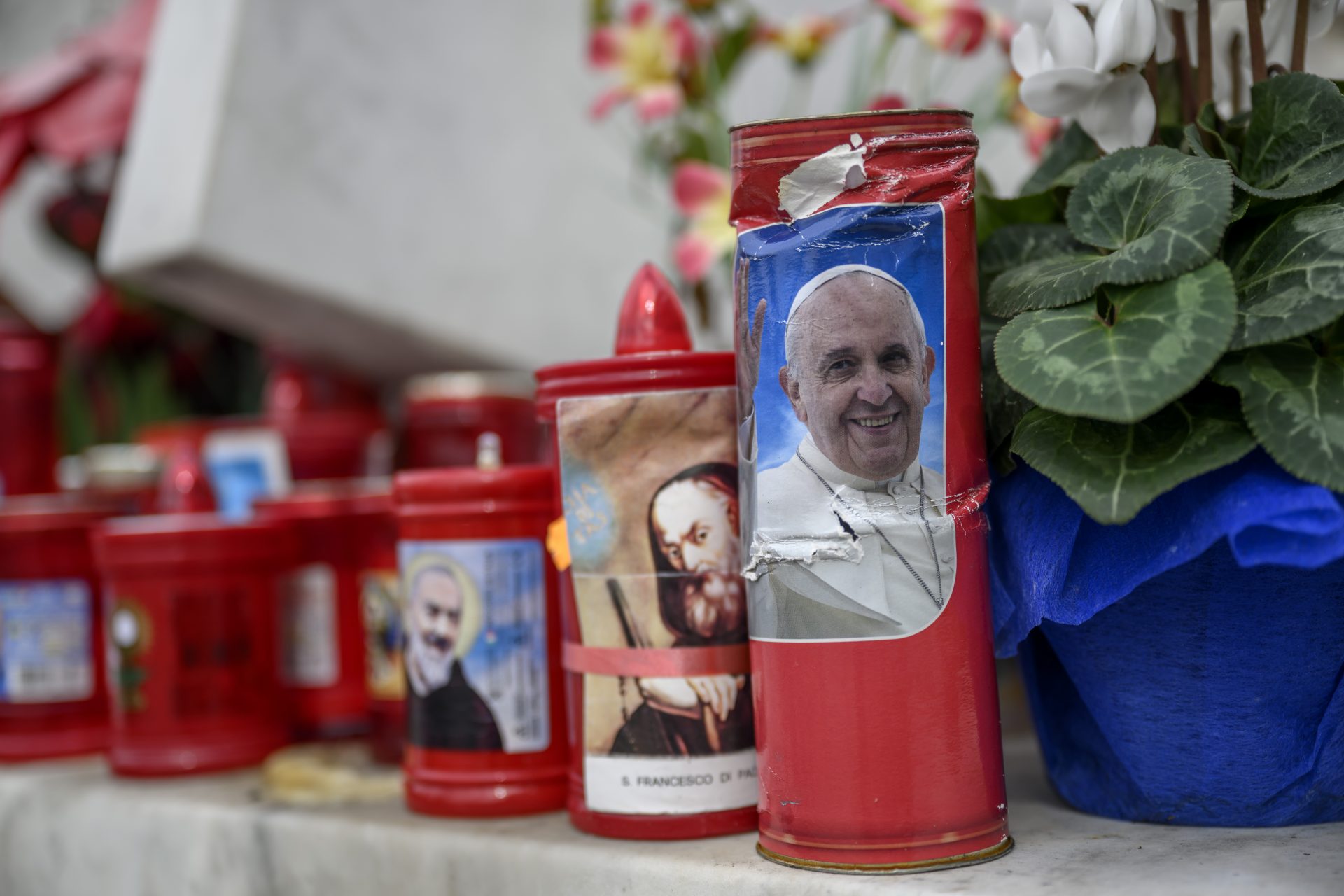Revealed: How Russia’s secret strategies are waging a hybrid war on the West
The nature of warfare has evolved over time. In the past, battles were fought on the battlefield, but now the battleground has shifted to the realm of information and influence, where superpowers engage in a new form of conflict.
The Washington Post has made public a 2023 secret document from Russia’s Foreign Ministry, where the Kremlin calls to weaken Western powers.
In the secret foreign policy document obtained by the newspaper through an unspecified European intelligence agency, Moscow demands that the world be freed from Washington's perceived influence.
According to The Washington Post, the Russian Foreign Ministry calls for an “offensive information campaign” to fight the perceived US hegemony in the global diplomatic landscape.
The leaked document also demands to fight the West in different stages, not only in “informational psychological spheres” but also in politics, the military, the economy, and international trade.
“It’s important to create a mechanism for finding the vulnerable points of their external and internal policies with the aim of developing practical steps to weaken Russia’s opponents”, states the secret file, as quoted by The Washington Post.
The Washington Post highlights that this is the first official confirmation and codification of the Kremlin’s hybrid war against the West.
However, Russia’s involvement in disinformation and manipulation campaigns in North America and Western Europe is not exactly new.
The United States intelligence community claimed that Russian president Vladimir Putin made an effort to manipulate the 2016 US Presidential Election.
Meanwhile, Politico reports that pro-Kremlin network Doppelganger was buying ads on social media months before the European elections.
Moscow would be seeking to support candidates that, although not explicitly pro-Russia, support isolationist views that are useful for the Kremlin.
According to Politico, France and Germany would be the biggest targets of these ads, that would focus on the expenditures of the Ukraine war and domestic problems, such as protests in the agricultural sector.
Politico claims that over 65% of political or social-related ads on Facebook in 16 European countries go unlabeled, potentially spreading pro-Kremlin misinformation.
Jean-Noël Barrot, France’s Minister for Europe, declared over X (formerly Twitter) that French people were constantly assaulted by Putin’s propaganda.
“Not a week goes by without France being the target of coordinated and deliberate maneuvers to disrupt public debate and interfere in the campaign for the European elections”, Barrot declared, as quoted by The Guardian.
In a Foreign Policy analysis, Russian translator and historian Ian Garner claims that the West not only act oblivious to Russia’s information warfare but in many cases, people are actively spreading the misinformation themselves.
Instead of doing its best to counterbalance the Kremlin misinformation, Garner argues that the West is falling short in front of trolls, bots, and cyberattacks orchestrated by Moscow.
More for you
Top Stories









